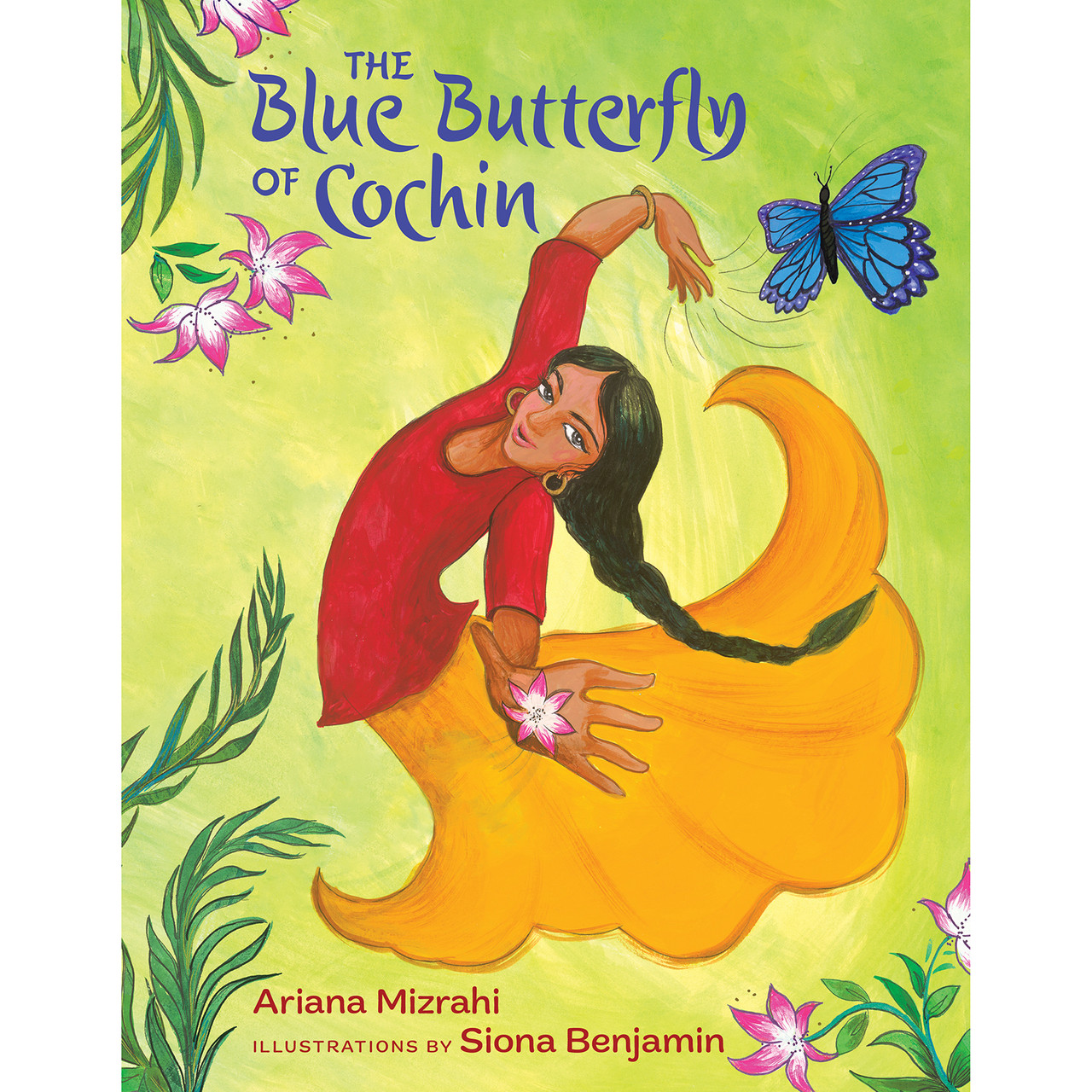As a child I was pretty dissatisfied with my hair. It was neither straight nor curly. It was neither blond nor brown. It didn’t look like the hair of the women I saw on TV or in magazines. It didn’t swish in a ponytail and bits always stuck up on picture day.
Years later, a friend told me that her biracial daughter hated her African hair. The child wanted her hair to look like Barbie. Perhaps it was my own hair issues at play but I felt compelled to search high and low for a Barbie with natural African American hair, found a collector’s version, and paid an exorbitant price to buy it. Alas, the child didn’t like the doll. She said it was ugly.
When my husband and I decided to adopt our daughter, we studied and discussed what it would be like as white Jewish parents raising an African American child. One thing we decided early on was that we wanted our child to always feel she is beautiful, that she belongs, and that she can accomplish anything she sets her mind to. So we filled our home with mixed artwork, books, and toys and encouraged our friends and family to do the same.
We held off on dolls until recently. On a trip to our local Children’s Museum, Eliyana returned again and again to embrace a lifelike African American baby doll. She crooned to him, cradled, kissed, and rocked him happily. So after the museum, we went to the local toy store to buy a doll. To my chagrin I learned there were no dark skinned baby dolls to be had at any of the three stores I visited. The one token doll of color was very light skinned which given my daughter’s dark skin was unacceptable. I was frustrated. Don’t all our beautiful little girls deserve to see themselves reflected in the reality media, toys, and society present to them?
We found a suitable baby doll online that didn’t break the bank. Her hair, however, was doll-straight and not nearly as curly as my daughter’s. So, I undertook to transform her hair from straight to natural African fabulous. The process was simple. Sections of doll hair were wound around pipe cleaners then the doll head was dipped in boiling water. (Done after Eliyana went to bed.) After two days drying, the pipe cleaners were removed and Eliyana enjoyed helping me comb the doll’s hair into this wonderful do.
I didn’t invent this process, some amazing women put all the “how to” information online. Others transformed dolls to give to young African American girls with messages of pride in their own beauty. There are “natural hair” dolls on the market but they can be a little pricey. A new line, “Positively Perfect”, is promising but straight hair and light skinned dolls are still the mainstay of available options.
My daughter is breathtakingly beautiful, inside and out. I hope she will always have the confidence in herself that she has today. I will do all that I can to reflect back to her the infinite potential and beauty I see when I look at her everyday. Today that reflection is a doll, tomorrow we’ll find a new adventure that calls our spirits to dance.







